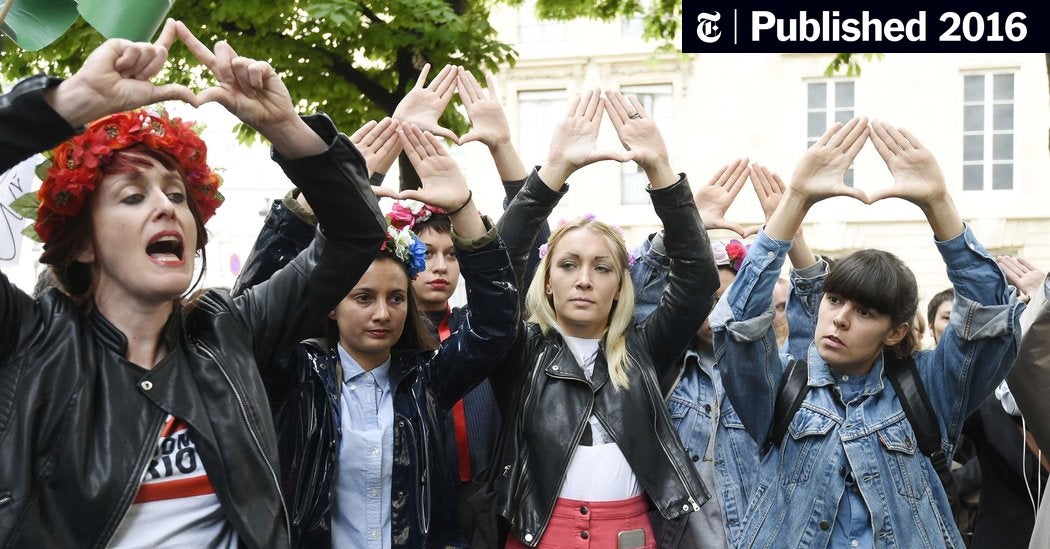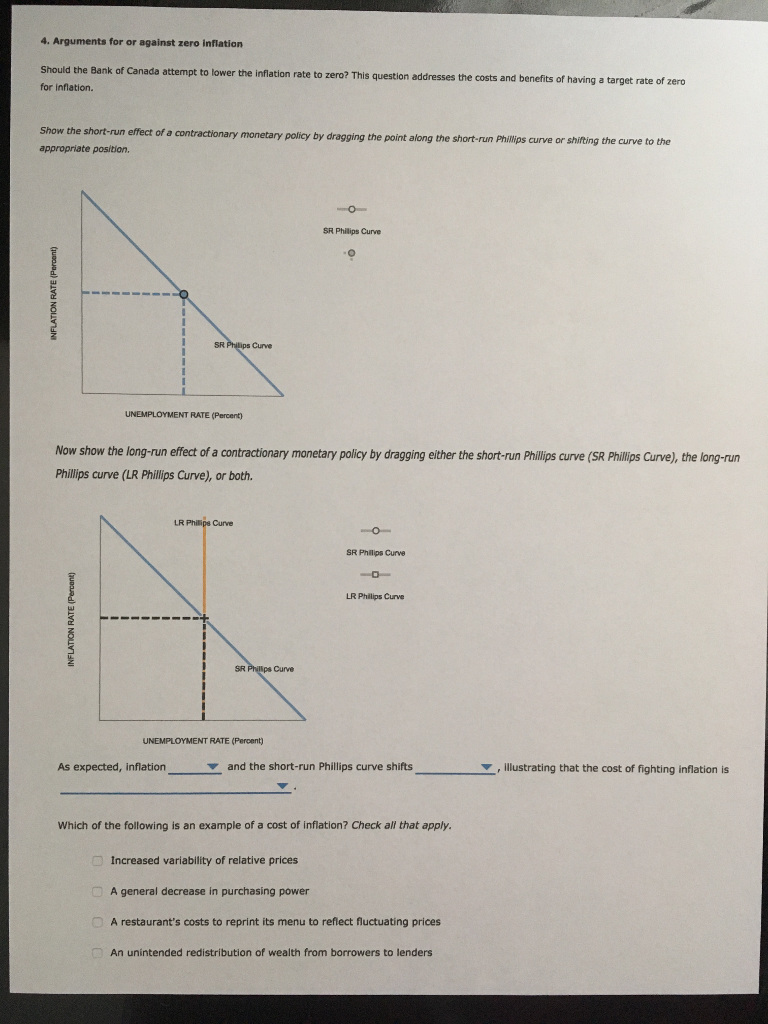France Debates Harsher Penalties For Juvenile Delinquents

Table of Contents
The Current State of Juvenile Justice in France
The French justice system for minors operates under a distinct legal framework, prioritizing rehabilitation over punitive measures. The system aims to address the root causes of delinquency, focusing on education, social reintegration, and addressing underlying issues like poverty and family dysfunction. However, recent statistics on youth crime rates paint a concerning picture. While precise figures vary depending on the source and the type of crime, there's a general consensus that certain forms of juvenile delinquency, such as theft and violent crime, are on the rise.
- Current legal framework for minors: French law distinguishes between minors (under 18) and adults, with different legal procedures and sentencing options. The emphasis is on individualized justice, considering the age and circumstances of the young offender.
- Success rates of existing rehabilitation programs: The success rates of existing programs are a subject of ongoing debate. While some programs show positive outcomes, particularly those focusing on early intervention and community support, others have faced criticism for a lack of effectiveness.
- Statistics on types of juvenile crimes: Data indicates an increase in certain types of crime, including petty theft, vandalism, and, more alarmingly, violent crimes involving weapons. The specific breakdown varies across regions and demographics.
- Public perception of the current system: Public opinion is divided. While many support rehabilitation efforts, a growing segment of the population feels the current system is too lenient and fails to adequately protect public safety. This sentiment has fueled the calls for harsher penalties.
Arguments for Harsher Penalties
Proponents of stricter punishments for juvenile delinquency in France argue that the current system is failing to deter crime and protect the public. They point to a perceived leniency that emboldens young offenders and fails to address serious offenses committed by minors.
- Increased public demand for tougher measures on juvenile crime: Rising crime rates and highly publicized cases of juvenile crime have fueled public pressure for a tougher stance on youth offenders. This pressure is reflected in political discourse and media coverage.
- Examples of serious crimes committed by minors: While the majority of juvenile crime involves less serious offenses, high-profile cases of serious violence and property damage have highlighted the potential danger posed by some young offenders.
- The argument for stricter sentences as a deterrent: Supporters of harsher penalties believe that stricter sentences will deter potential juvenile offenders, sending a clear message that criminal activity will have serious consequences.
- The perceived failure of current rehabilitation methods: Critics argue that current rehabilitation programs are ineffective in addressing the root causes of delinquency or preventing recidivism.
Specific Proposed Changes to Legislation
Several legislative proposals are currently under debate. These proposals often focus on increasing sentencing for certain crimes, expanding the range of offenses subject to stricter penalties, and potentially altering the balance between rehabilitation and punishment within the juvenile justice system.
- Specific proposals for increased sentencing: Proposals range from extending the maximum sentences for certain offenses to introducing new, more severe penalties for specific crimes committed by minors.
- Changes to rehabilitation programs: Some proposals call for restructuring or strengthening existing rehabilitation programs, while others advocate for a shift towards more punitive approaches.
- Potential impact on overcrowded juvenile detention centers: Increased sentencing could lead to further overcrowding in already strained juvenile detention centers, raising concerns about the quality of care and rehabilitation provided.
Arguments Against Harsher Penalties
Opponents of harsher penalties emphasize the importance of rehabilitation and the potential negative long-term consequences of overly punitive measures for young offenders. They argue that focusing solely on punishment neglects the developmental needs of minors and may exacerbate existing societal inequalities.
- Concerns about the long-term effects of harsher sentences on young offenders: Studies show that harsh prison sentences can have devastating long-term effects on young people, increasing the likelihood of recidivism and hindering successful reintegration into society.
- The importance of rehabilitation and reintegration into society: These critics believe the focus should remain on rehabilitation, providing young offenders with the support and resources they need to lead law-abiding lives.
- Ethical considerations surrounding punishment of minors: Concerns exist about the ethical implications of treating minors as adults within the criminal justice system. The developing brains and emotional maturity of young people must be considered when determining appropriate punishments.
- The potential for increased recidivism with harsher sentences: A counter-argument against harsher penalties is that they could paradoxically increase recidivism rates, as young offenders released from harsher sentences may be less likely to have access to rehabilitation programs and job opportunities, leading them back to crime.
International Comparisons and Best Practices
Examining how other countries address juvenile delinquency offers valuable insights. Many European countries have successfully implemented restorative justice programs and community-based interventions that prioritize rehabilitation and reintegration.
- Examples of successful juvenile justice systems in other European countries: Countries like Norway and the Netherlands have demonstrated success with approaches that emphasize rehabilitation, restorative justice, and community involvement.
- Comparative statistics on youth crime rates and recidivism: Comparing recidivism rates and crime statistics across countries with differing juvenile justice approaches can help inform policy decisions in France.
- International best practices in juvenile rehabilitation: Exploring and adapting effective rehabilitation programs from other countries, tailored to the French context, could improve the effectiveness of the current system.
Conclusion
The debate surrounding harsher penalties for juvenile delinquency in France is complex, touching upon issues of public safety, rehabilitation, and the ethical treatment of minors. While concerns about rising crime rates are understandable and warrant attention, a balanced approach is crucial. Simply increasing sentences may not address the root causes of juvenile delinquency and could have unintended negative consequences. France needs to carefully consider both the immediate need for public safety and the long-term well-being of its young people when deciding on the future of its juvenile justice system. Further discussion and careful analysis of international best practices are vital to developing a comprehensive and effective strategy to combat juvenile delinquency in France. We urge readers to continue following developments in this crucial debate surrounding juvenile delinquency in France.

Featured Posts
-
 The Saint On Itv 4 Episode Guide And Schedule
May 25, 2025
The Saint On Itv 4 Episode Guide And Schedule
May 25, 2025 -
 Crisi Moda Come I Dazi Di Trump Hanno Colpito Nike E Lululemon
May 25, 2025
Crisi Moda Come I Dazi Di Trump Hanno Colpito Nike E Lululemon
May 25, 2025 -
 Crystal Palace Eye Free Transfer For Kyle Walker Peters
May 25, 2025
Crystal Palace Eye Free Transfer For Kyle Walker Peters
May 25, 2025 -
 50 Personnes Une Nuit Les Revelations De Thierry Ardisson
May 25, 2025
50 Personnes Une Nuit Les Revelations De Thierry Ardisson
May 25, 2025 -
 Unexpected Retail Sales Growth May Prevent Further Bank Of Canada Rate Cuts
May 25, 2025
Unexpected Retail Sales Growth May Prevent Further Bank Of Canada Rate Cuts
May 25, 2025
